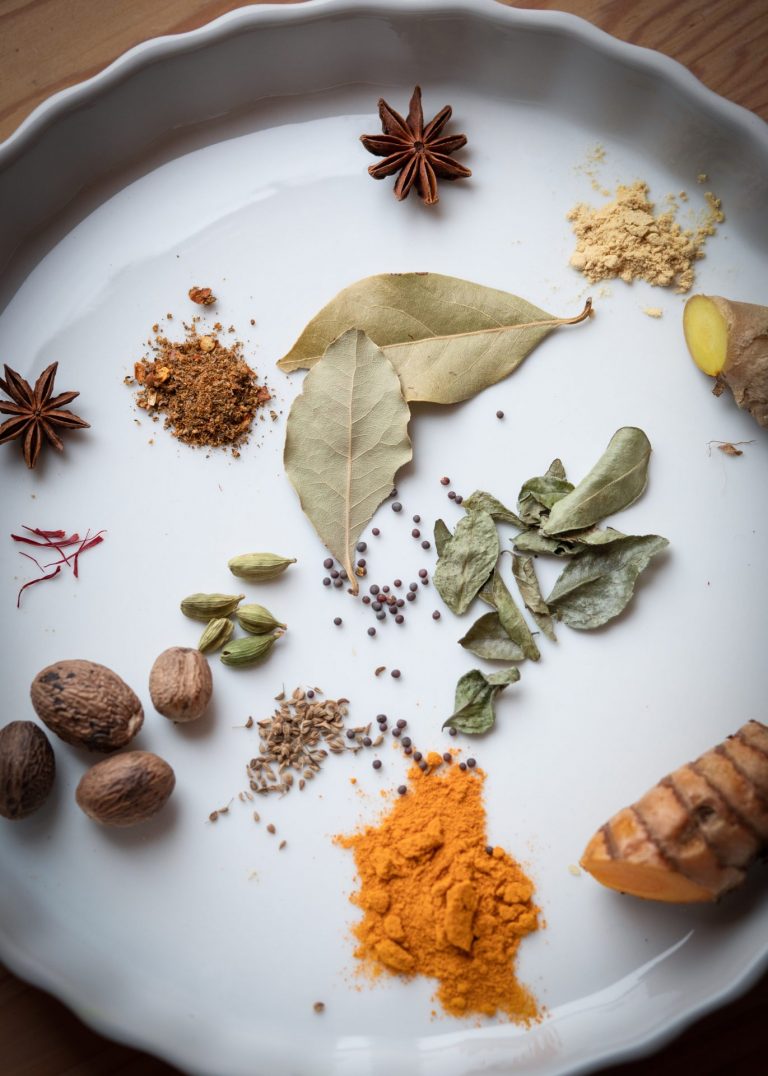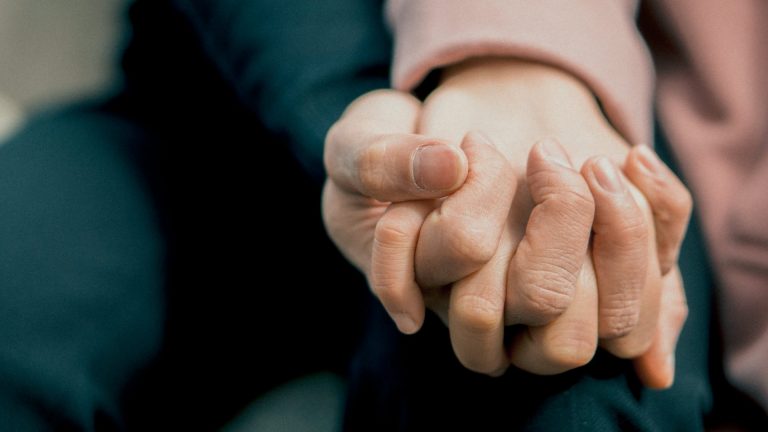Social Isolation Time

From an Ayurvedic perspective having a strong routine and a framework around which conduct our lives increases our tolerance levels and resilience. A solidly structured life decreases reactivity and reduces the incidence of losing control. But what if the structures around us start disintegrating as we have seen in the last week or so? What if we have much less or no control in maintaining and arranging our lives as we like them to be? What if we are forced out of our comfort zones and still required to maintain calm, be tolerant and resilient for the greater good? People are asked to stay home for weeks now and that alone can be a cause for more worry than the virus itself. How can we survive this confinement without losing our heads?
CONNECTION FROM THE START
The most important factor for mammalian wellbeing is the connection we have with one another. Mammals deliver offspring that are not able to cope on their own and therefore need 24h surveillance for feeding and maintaining a sense of safety. We are born into this world dependent on our parents or carers and this early connection is what defines us for the rest of our lives. We are social animals and the mutual relationship is defined right from the start, even before we are born.
The baby and the mother establish cues between themselves to communicate safety. These behaviours are universal for all mammals, the most important being the vicinity with one another. The mother’s presence is felt by touch but can also be conveyed by the sound and eye contact. Hearing mother’s soothing voice has a calming effect on the baby. Imagine breastfeeding where all these elements come together: touching the skin, hearing mother’s soothing melodious voice and staring lovingly at each other’s eyes. Without these elements a child is less able to thrive.
These features that establish connection with one another persist for the rest of our lives. Social connection is an elementary need without which we do not thrive. We need safe and loving engagement with one another and we need to vocalise our needs and hear comforting words. When we feel isolated, lonely and unable to establish a safe connection with others our bodies will respond by turning on defences and a survival mode. In this state healing is difficult.
What do we do when these connecting elements disappear from our lives because of self-isolation or even being forced to isolate? How are we able to thrive and have strong resilience against any disease not to mention an invisible threat like the coronavirus? Especially, how are the old and lonely people coping when even the limited interactions are cut off?
SATTVIC LIVING
In Ayurveda and in Yoga philosophy positive social engagement is defined by word sattva. It is a state of mind which helps to connect with one another from a perspective of loving kindness. It is an attitude established in empathy and compassion towards ourselves, towards other fellow beings and the environment around us. It is an approach that encompasses the whole range of living experiences in order to create a place of safety and comfort.
We need to cultivate sattva now more than ever. Our lives have been turned upside down and we are called in by Mother Nature to express the best in us by showing determination in maintaining a sattvic mind during this period of global emergency. Sattva can be cultivated on our own and with others. The practice of sattva starts from simple things like creating a routine. Routine creates anticipation which is generally a comforting thought for the mind. Knowing what happens next reduces anxiety about the future. Sleeping, eating, exercise, hobbies, screen time and personal hygiene routines can be timed in our schedules around which we can do ad hoc activities. After routine has been created, self-development and emotional maturity exercises, mindfulness and other inspiring activities help the mind be focused and stay present. Lastly, thinking about routines as rituals that help fortify the mind and keep connected to the force field of your belief. If you have a spiritual life integrate practices every day and be methodical. Discipline and repetition are the key words for success in mind control and doorways to access emotional maturity and spiritual emancipation.
I want to share a few tips with which improve our ability to maintain sattva in all moments of our lives.

- Maintain the rhythm of the body clocks. Create a routine – Write down what you need to do daily at home. Create variety within the basic routine
- Limit times around the screens especially in the evening
- Read a book or listen to an audiobook before you go to sleep
- Try to live with more in sync with the dark-light cycle – go to bed earlier and wake up earlier
- Eat two good meals per day – have late breakfast and late lunch, especially if you are doing less exercise than usual. Fast in the evenings, or have only a piece of seasonal fruit
- Do your aerobic exercise in the morning and low impact in the evening
- Practice meditation – download an app e.g. Headspace which is has an excellent journey for starters
- I also recommend binary beat meditation (for example Holosync), an audio meditation that regulates brain waves
- Drink hot water in sips throughout the day
- Have a bathing/shower routine: Do body brushing before shower/bath. Then self-massage with an organic oil

- Act from a place of loving kindness. Make a conscious effort for extra acts of kindness. Say or do or just think something nice, make a comment that would solicit a smile. Create good karma. Think about your actions and act with intention of creating good
- Dedicate time for self-development. Read inspiring books, listen to calming music, do art. Listen to experts and spiritual leaders you feel affinity towards
- Make eye contact with loved ones but don’t force it
- Talk in melodious voice, low monotonous voices are subconsciously considered threatening
- Smile to the ones you can reach
- Smile at your own, even if it is not genuine. It promotes the body to start self-regulation and healing
- Talk about issues, worries, anxieties and problems but don’t force a conversation. Many of us are in a defensive state, either aggressive or dissociated and are not able take information in. Be patient and wait for a right moment to talk or give advice.
On that last note I realise there are innumerate situation of life and my advice do not apply to everyone. I am just sharing a few pointers that might be useful and lessen the burden of confinement. Being in a closed environment with the same people for a long time puts pressure on anyone and we need now to step up with our game to show patience and tolerance like never before. This advice might not work for you and this is perfectly fine.
If you’d like to talk more use our email anu@jivitaayurveda.com if you have any questions that I might be able to help you with. Happy to be of service.





Like!! Thank you for publishing this awesome article.